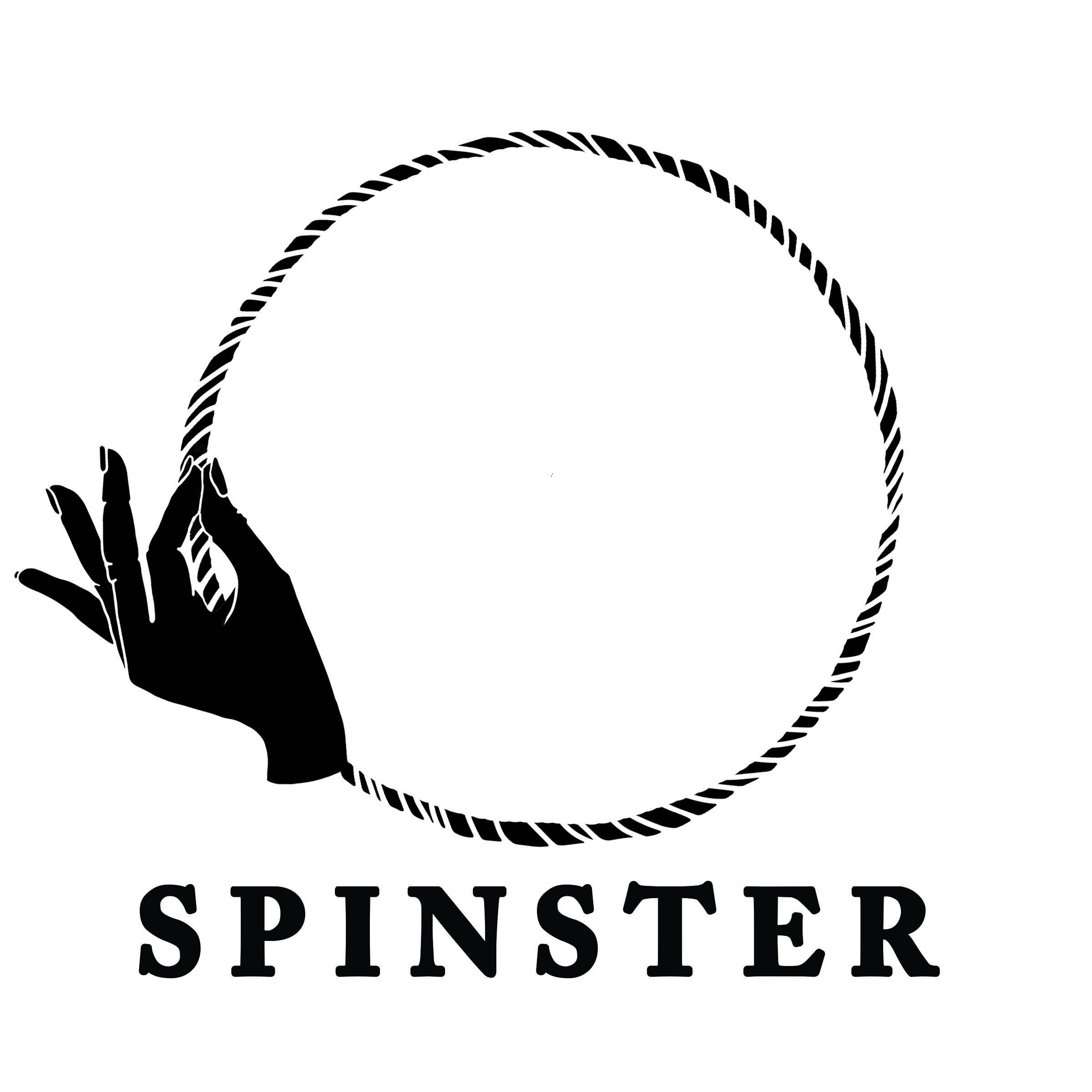amelia courthouse -
broken things
amelia courthouse has somehow mapped the vast American space between Protestant hymnody and plinky saloon music and John Cage's Sonatas & Interludes. Gorgeous, melancholic, almost unbearably evocative dirges for the American century. -Brent Sirota
broken things Tracklist:
Side A
One Fine Morning (8:07)
Vihangi (8:14)
Keep Your Arms (4:47)
Side B
Nearer, My God, To Thee (17:29)
photo by Amy Glantz
amelia courthouse’s broken things is available on vinyl and digitally September 6, 2024. broken things was recorded in the Devil’s Den and mixed by Leah Toth and James Toth. Mastering by Casino Versus Japan. Artwork by Jared Ragland.
The “hymnambient” music of Leah Toth (Wooden Wand)—alter ego amelia courthouse—was seeded decades ago, when as a teenager she became the organist in her local southern Alabama church. “I remember being a little girl and thinking about, for the first time, melody and harmony. I stood beside my grandmother, who grew up during the Depression, singing these rough, beautiful Carter Family-style harmonies on hymns like “Just a Closer Walk with Thee” and “I Love to Tell the Story.” Just thinking about her voice all these years later gives me the best kind of chill bumps. When I was in high school she would come over and I would play her favorite hymns, and she would just sing and sing.”
“Blending Protestant solemnity with dream pop bliss with extended, meditative ambient music and skeletal folk, she’s created a work of gentle and imperfect holiness.”
Selected Press for amelia courthouse:
Aquarium Drunkard, “Review,” by Brett Sirota
Bandcamp Daily, “Best Experimental Music on Bandcamp: November 2019,” by Marc Masters
Dusted, Review, by Jennifer Kelly
NPR Music, “Viking’s Choice: Tender Ambient, Blossom Punk, Fist-Pumping Shred,” by Lars Gotrich
Tome to the Weather Machine, “Top 50 of 2019,” by Ryan Hall
On her first album since ruby glass (SPINSTER, 2019), sound artist and composer amelia courthouse (aka Leah Toth) builds on her previous album’s textures, moods, and evocations of memory, adding bold new colors to construct her singular “hymnambient” music. broken things again finds courthouse constructing modernist hymns on piano, organ, and synthesizer, buttressing them with field recordings, room tone, and even the snores of her beloved dog to complete her intimate and evocative compositions.
The devotional “One Fine Morning” evokes a sleepy-eyed, pre-dawn canoe ride through a stratocumulus cloud. Like a kind of Gulf Coast Popol Vuh, the song’s melancholic stillness nonetheless portends some undefined hope in the near distance; dusk behind a daydream.
“Vihangi,” an ode to young Vihangi Patel, an 11-year-old girl who died alongside her family crossing the Canada-US border on foot in the harsh midwestern winter features courthouse’s trademark use of effects and deployment of rich reverbs to conjure the audible past, a realm containing not only gramophones, films and typewriters but the spectral, celestial whispers of departed loved ones and landscapes.
Fans of ruby glass will discover another new tool in the experimental artist’s toolbox in the form of “Keep Your Arms,” an unexpected foray into a hazy antique art pop featuring courthouse’s plaintive, unassuming vocals and a lullaby-like chorus, layered over ebow by James Toth (Wooden Wand).
A reframing of the Sarah Flower Adams hymn, “Nearer, My God, To Thee,” follows the previous album’s strategy of using the length of an album side to meditate on loss. Inspired by composer and percussionist Brian Blade's brief, hymnodic meditations, here courthouse explores questions of remembrance, loss, and the felt need to linger inside a familiar, ancestral melody in a nostalgic search for anodynes. The overlapping performances of the traditional melody come and go like the tide, simulating different camera angles and suggesting a Rashomon-like investigation of the accuracy and integrity of perspective and memory.
As inspired by uncompromising artists like Nam June Paik and Charlotte Moorman as she is sound experimentalists like Scott Tuma and the Protestant church music of her youth, courthouse’s deeply personal, idiosyncratic work continues to encompass a mosaic of influences and inspirations. It is art that suggests media as a memory bank, sound as both salve and salvation.




